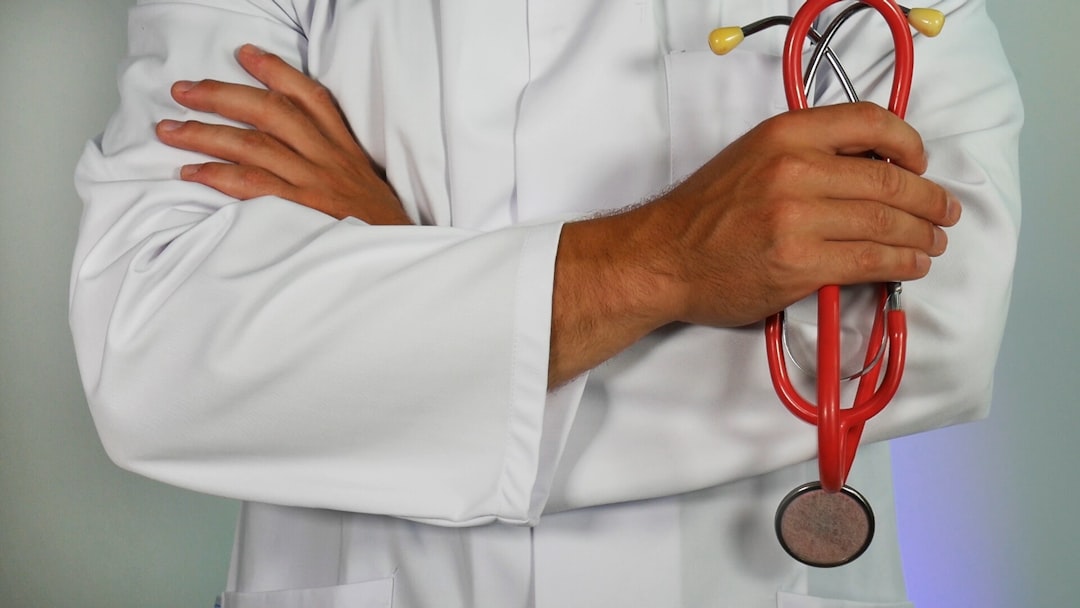Doctor lawyers in South Carolina play a pivotal role in sexual assault cases within healthcare settings. They guide clients through complex legal frameworks, helping patients understand their rights and gathering diverse evidence such as medical records, forensic reports, and witness testimonies to ensure justice. Their deep knowledge of medicine and ethics enables them to navigate intricate laws and build robust cases against accused physicians, upholding case integrity while addressing unique challenges posed by these sensitive allegations.
In South Carolina, addressing sexual assault within medical settings is a complex legal issue. When patients allege nonconsensual sexual contact by their doctors, understanding the evidence requirements is paramount. This article delves into the intricate details of building a case against doctor-patient sexual misconduct. We explore the legal framework governing such cases, the types of evidence needed to prove assault in medical settings, and the crucial role of specialist doctor lawyers. Additionally, we discuss challenges and strategies for gathering evidence in these sensitive matters, providing insights for both legal professionals and patients seeking justice.
Understanding the Legal Framework in South Carolina for Doctor Sexual Assault Cases
In South Carolina, the legal framework for doctor sexual assault cases is governed by a range of state laws and regulations that are designed to protect patients and ensure justice. When a patient alleges sexual misconduct or assault by their healthcare provider, it’s crucial to understand the specific legal requirements for evidence collection and presentation. Doctor lawyers in South Carolina play a vital role in guiding clients through this complex process, ensuring their rights are protected throughout.
The state has strict guidelines on what constitutes consent and the consequences of its absence, particularly in professional settings like healthcare facilities. Evidence in these cases may include medical records, eyewitness testimonies, forensic reports, and any available video footage. Doctor lawyers help gather and interpret this evidence, navigating the legal nuances to build a compelling case. They also advise clients on their rights, potential charges, and the steps needed to pursue justice.
Types of Evidence Required to Prove Sexual Assault in Medical Settings
In cases involving sexual assault within medical settings, gathering compelling evidence is paramount for successful prosecution. Doctor lawyers in South Carolina emphasize that multiple forms of proof are necessary to establish the occurrence and intent behind such heinous acts. Physical evidence, such as medical records detailing the exam findings and patient complaints, can serve as crucial documentation. These records should include any discrepancies or unusual behaviors noted by healthcare staff during the patient’s visit.
Additionally, forensic evidence plays a significant role in these cases. This includes bodily fluid samples, clothing fibers, and other physical remnants that can be analyzed to confirm the assault. Testimonial evidence from patients, medical professionals, and witnesses is also essential. Statements from individuals present during the incident can provide firsthand accounts, corroborating or refuting the alleged victim’s claims. Video surveillance footage from the healthcare facility, if available, can offer visual proof of the sequence of events. These various types of evidence work together to build a comprehensive case for doctor lawyers in South Carolina, ensuring justice for victims and holding perpetrators accountable.
The Role of Doctor Lawyers in Building a Solid Case
In cases of sexual assault involving doctors in South Carolina, the role of experienced doctor lawyers is invaluable. These legal professionals have a deep understanding of medical practices and ethics, which is crucial for building a strong case against accused physicians. They can navigate the complex legal landscape, ensuring that all evidence is gathered and presented effectively to support their client’s innocence or guilt.
Doctor lawyers in South Carolina possess expertise in interpreting medical records, hospital reports, and other relevant documents. They can identify discrepancies, inconsistencies, or potential signs of wrongdoing within these records, which may serve as critical pieces of evidence. Additionally, they have the skills to cross-examine medical experts and witnesses, challenging their testimonies and strengthening the defense strategy. Their insights into South Carolina’s legal framework ensure that all procedures are followed, preserving the integrity of the case.
Challenges and Strategies in Gathering Evidence for Doctor-Patient Sexual Misconduct Cases
Gathering evidence in doctor-patient sexual misconduct cases presents unique challenges due to the sensitive nature of the allegations and the potential power imbalance between healthcare providers and their patients. One significant hurdle is the patient’s reluctance or fear of coming forward, often leading to a lack of direct evidence. In South Carolina, doctor lawyers play a crucial role in navigating these complexities by employing strategic approaches to uncover relevant information.
These strategies involve thorough reviews of medical records, seeking patterns of behavior that might indicate consistent misconduct, and utilizing expert witnesses who can provide insights into the dynamics between doctors and patients. Additionally, digital forensics experts can analyze electronic communication and devices for evidence of inappropriate interactions. Doctor lawyers also focus on establishing a credible and safe environment for victims to share their experiences, ensuring their privacy and confidentiality while gathering essential proof for legal proceedings.






